One of the most popular ways to lose weight is the protein diet. Like any diet, it has its advantages and disadvantages. Let’s break them down with an expert.
Ko mēs jums pastāstīsim par
The role of proteins in the body
Proteins are complex and high molecular weight organic substances consisting of L-amino acids connected by peptide bonds in a chain. Proteins are simple proteins, they consist of amino acids, but proteids are complex proteins, they include nucleic and phosphoric acids, carbohydrates and some other substances.
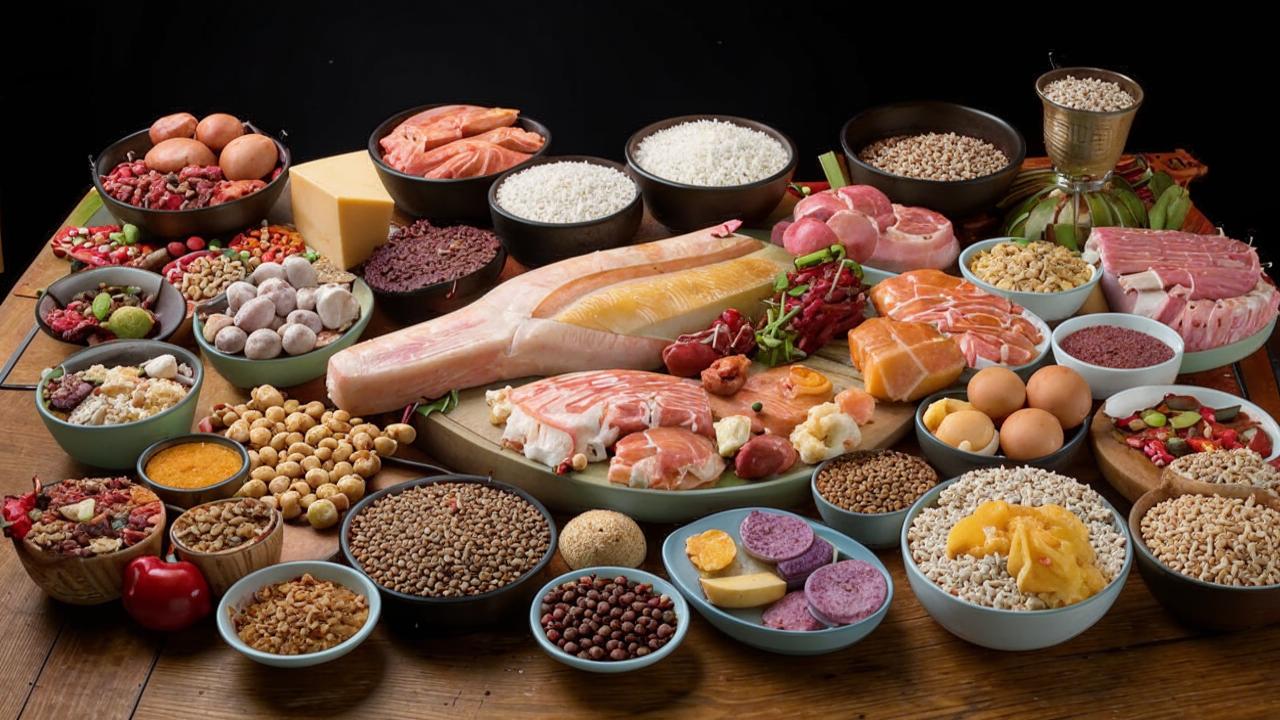
Proteins are the main and very important component of every cell in the body. It is from these substances that our tissues are built, such as nails, hair, skin, internal organs. They form immunity and are also responsible for tissue renewal. However, unlike fats and carbohydrates, protein cannot be accumulated in our body and synthesized from other food substances, so it must be present in the diet every day.
Pros of a protein diet

gastroenterologist at the Medical On Group Clinic in Podolsk
“The essence of the protein diet is that the main source of energy becomes proteins, but fats and carbohydrates are limited.”
Increasing the proportion of protein in the diet while maintaining a calorie deficit helps to lose excess weight faster by losing fat without harming muscle mass. Such a diet gives significant satiety, which allows you to eat less of the more calorie-dense foods.
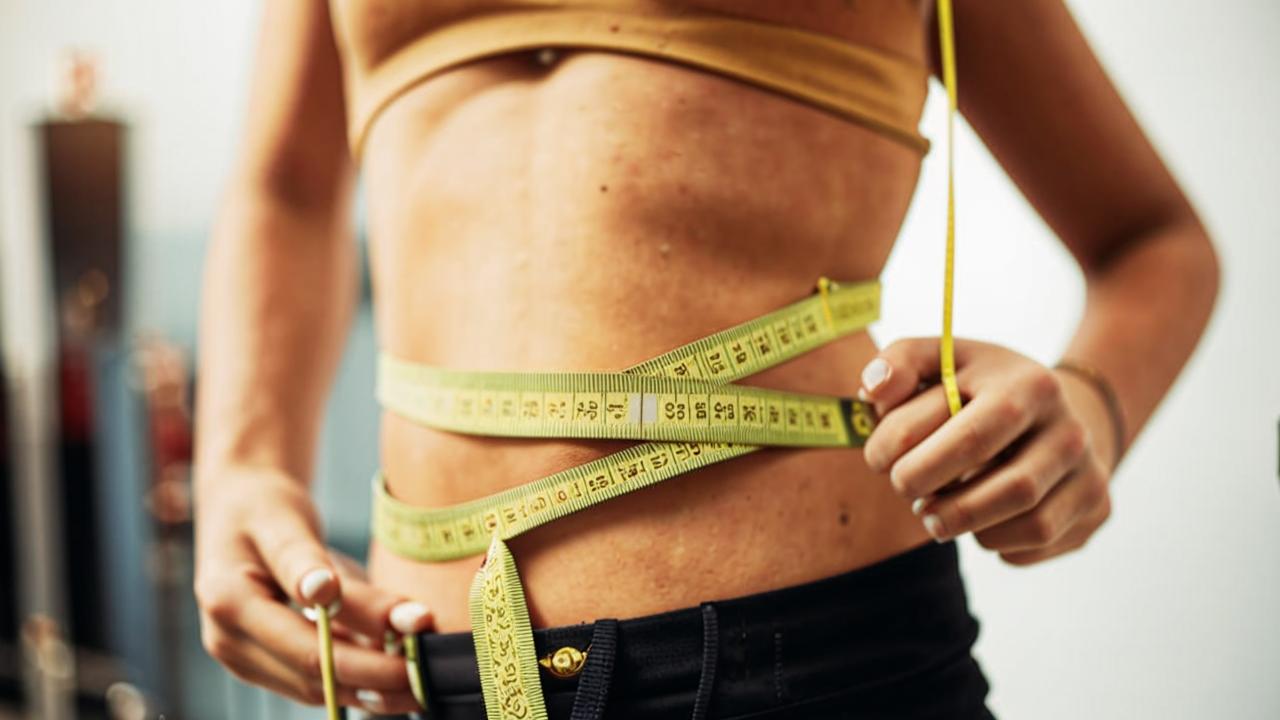
This type of diet is useful not only for weight loss, but also for many diseases, including diabetes mellitus, fatty liver disease, as well as disorders of the cardiovascular system.
Minuses and contraindications
When restricting carbohydrates, weight goes away faster due to water loss. In addition, the body begins to burn more fat as fuel, which can lead to ketosis. This condition is accompanied by temporary headaches, irritability, nausea, bad breath and sleep problems.
Also do not forget that the protein diet has its contraindications: kidney disease, some liver disorders, as well as osteoporosis. Even healthy people are not recommended to make a long emphasis on protein, as it can contribute to the development of urolithiasis and kidney failure.

Moreover, due to carbohydrate and fat restriction, the body can become deficient in important vitamins and minerals.
That is why I recommend following the diet under the supervision of a specialist or at least after a preliminary consultation to exclude all risks.
Principles of the protein diet
As we have already said, the essence of the diet is to limit carbohydrates and fats – the emphasis should be on proteins.
A doctor-gastroenterologist called 6 basic principles of the protein diet:
1. Calculate your need for protein – on average, the norm is from 0.8 g of protein per 1 kg of weight. But this is only enough to avoid protein deficiency. For a normal and full life it is necessary to increase this norm twice, that is, according to accepted standards, it is better to consume 1.2-1.5 g of protein per 1 kg of weight.
Men should consume from 65 to 117 g of protein per day at an average weight of 70-90 kg, and women – from 58 to 87 g of protein per day at an average weight of 60-70 kg.
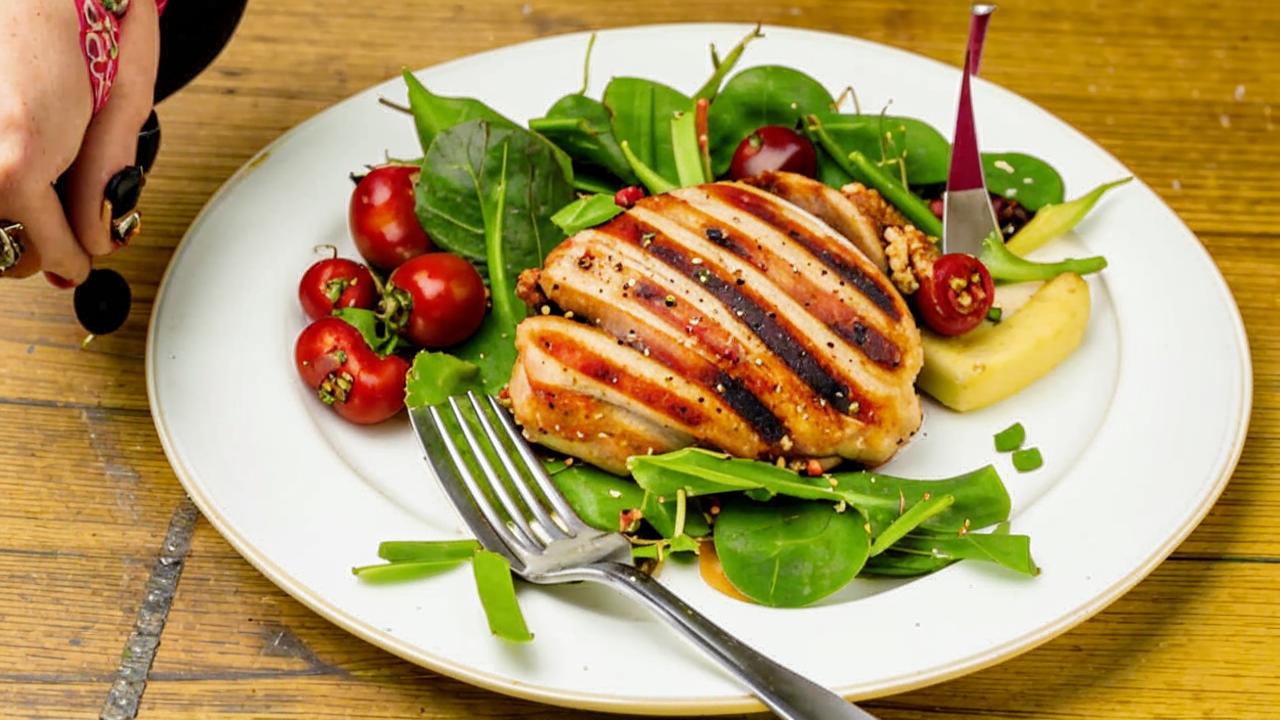
2. Keep a food diary, in which all information about the food eaten is recorded: its quantity, calories and macronutrient content (proteins, fats, carbohydrates). If you decide to follow a protein diet, it does not mean that today it is necessary to sharply reduce the caloric content of food. Nevertheless, you should make sure that you consume enough protein.
3. Control the amount of protein per meal. Learn to distribute the daily allowance in roughly equal portions throughout the day for each meal.
4. Favor natural foods with simple composition and minimal processing that contain high-quality protein – meat, poultry, fish and seafood, eggs, cottage cheese, cheese. Try to exclude or at least minimize the consumption of sausages, sausages and other meat-containing products of industrial production, sweet dairy products (fruit yogurt, cottage cheese products), which have a lot of added sugar and flavor enhancers. It is preferable to cook at home on your own.
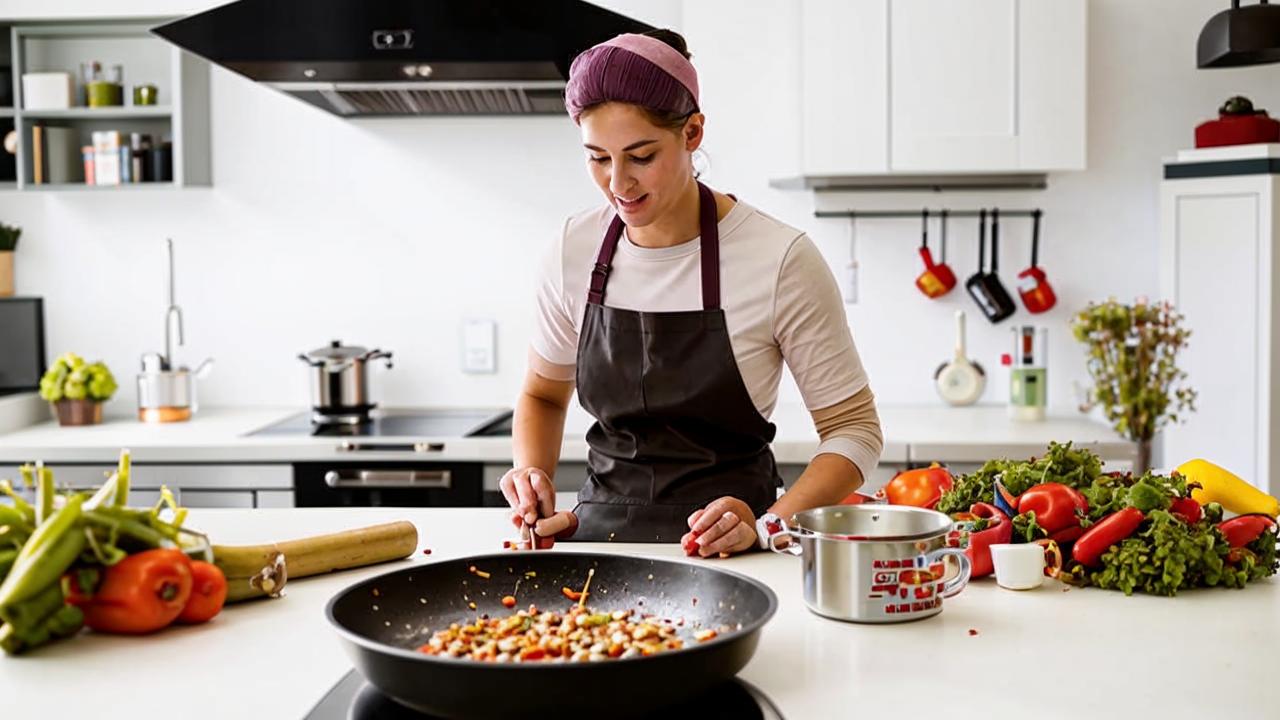
5. Do not overuse carbohydrates and fats. There should be a balance of nutrients in your diet. You should not forget about healthy fats and carbohydrates (fruits, vegetables, vegetable oils, cereals and so on).
6. Don’t forget to drink clean water. When on a protein diet, it is important to consume enough water. If the amount of protein is too high, constipation may occur.
Is it worth trying a protein diet?
Protein fully satiates and gives us a feeling of satiety, it improves our metabolism, helps normalize weight, strengthens bone tissue, builds muscle, accelerates the regeneration process.

However, a large amount of the substance in the absence of carbohydrates in the diet can affect the activity of brain activity, because they are its important energy source.
Fats should not be excessively restricted either, as they are responsible for the normal functioning of the hormonal system. Be sure to include dietary fiber and fiber, they are essential for active intestinal peristalsis.
Drawing conclusions, we can confidently state that the protein diet is not as safe as it seems, and its long application should be carried out exclusively under the supervision of a specialist with monitoring of the state in dynamics.
Menu for a week
The menu of the protein diet for 7 days can look as follows.
Monday
- Breakfast: omelet with vegetables (2 eggs, spinach, tomatoes, mushrooms) and tea or coffee without sugar.
- Snack: one apple.
- Lunch: chicken breast (150 g) with a salad of fresh vegetables (cucumbers, tomatoes, leaf lettuce, olive oil).
- Afternoon snack: a glass of kefir with berries.
- Dinner: fish (150 g) with baked vegetables (broccoli, cauliflower, asparagus).
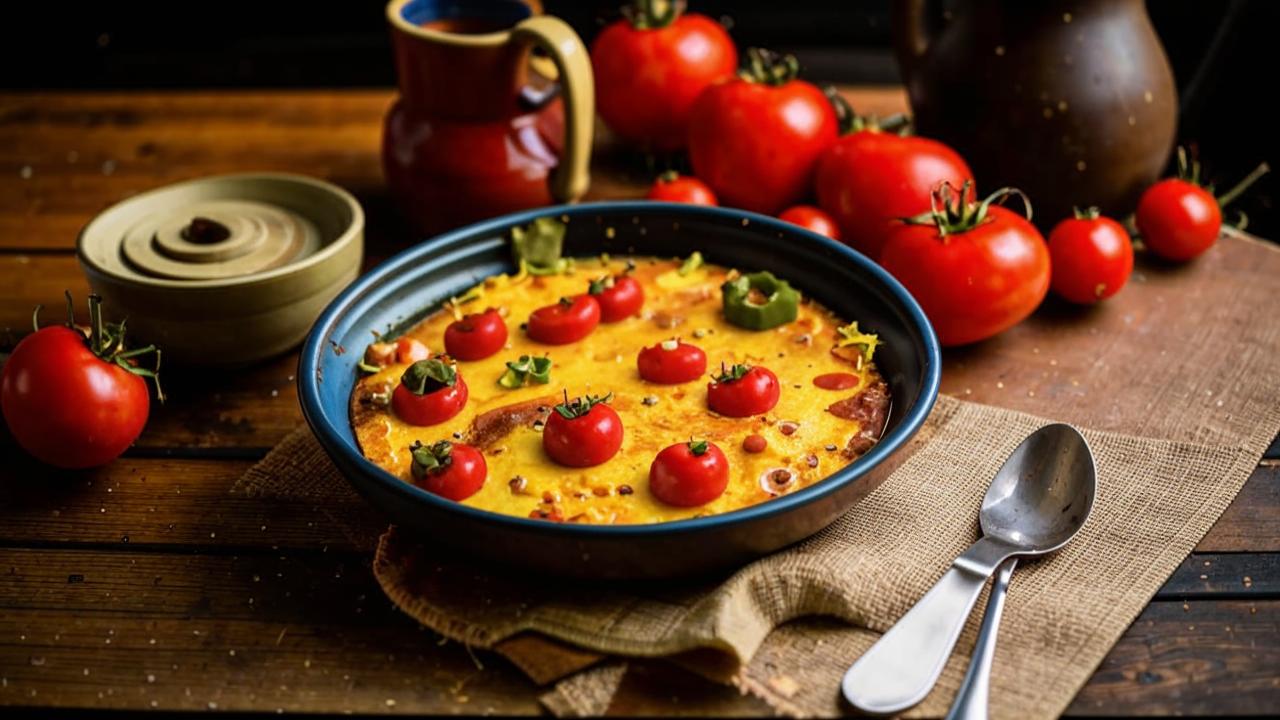
Tuesday
- Breakfast: buckwheat flour pancakes with cottage cheese (100 g) and berries.
- Snack: one grapefruit.
- Lunch: beef steak (200 g) with green salad (leaf lettuce, cucumbers, peppers, olive oil).
- Afternoon snack: nut smoothie (nuts, milk, honey).
- Dinner: chicken cutlets (150 g) with braised broccoli cabbage.
Wednesday
- Breakfast: buckwheat porridge (100 g) with chicken breast (50 g) and vegetables.
- Snack: one apple.
- Lunch: beef stew (150 g) with mushrooms and greens.
- Afternoon snack: cottage cheese (100 g) with fruit.
- Dinner: baked fish (150 g) with lemon sauce and stewed vegetables (carrots, zucchini, onions).
Thursday
- Breakfast: omelet with vegetables (tomatoes, peppers, onions) and herbs, tea.
- Snack: any citrus fruit.
- Lunch: chicken salad (chicken breast, nuts, berries, leafy salads) with olive oil and lemon juice dressing.
- Afternoon snack: Greek yogurt with nuts and honey.
- Dinner: stewed turkey (150 g) with zucchini and tomatoes.
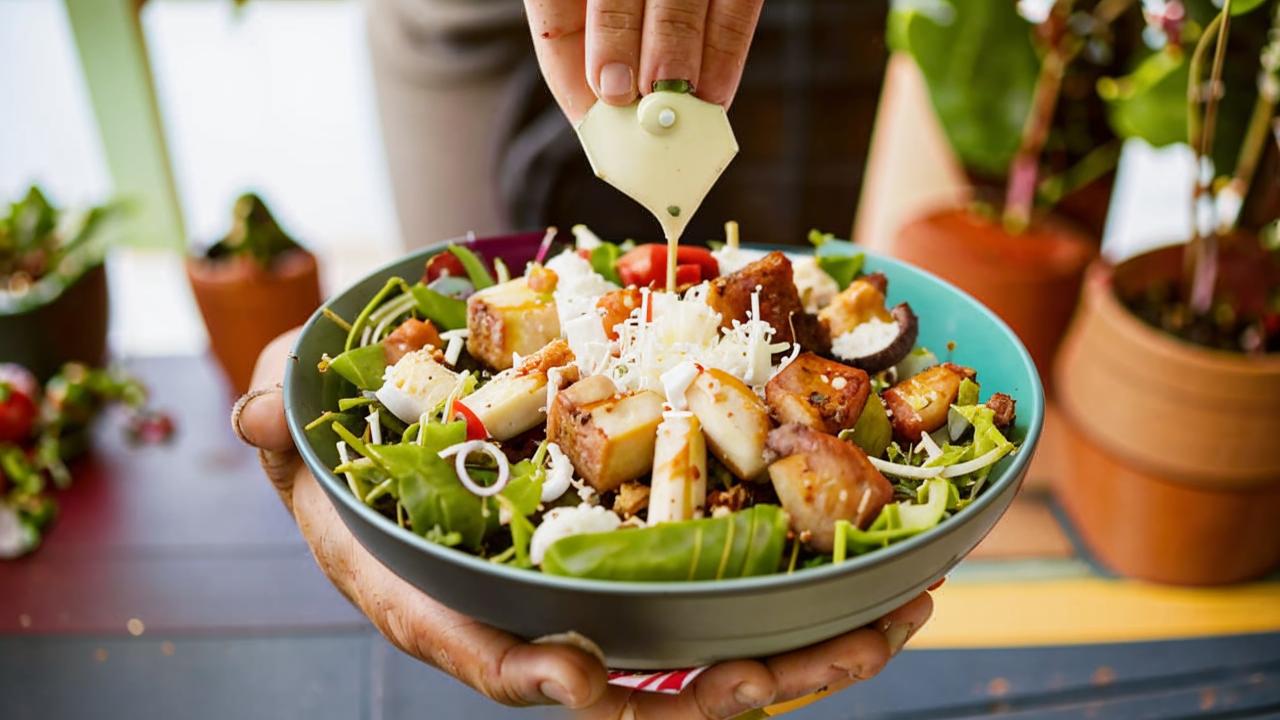
Friday
- Breakfast: oatmeal pancakes with protein powder and berries.
- Snack: one apple.
- Lunch: turkey breast (150 g) with stewed vegetables (eggplant, peppers, onions).
- Afternoon snack: a cocktail of berries, banana and milk.
- Dinner: baked fish (150 g) with lemon and herbs, salad of fresh vegetables.
Saturday
- Breakfast: scrambled eggs with vegetables (tomatoes, peppers, onions, mushrooms).
- Snack: one grapefruit.
- Lunch: tuna salad (tuna, leaf lettuce, tomatoes, nuts, dressing of olive oil and balsamic vinegar).
- Afternoon snack: ryazhenka with fruit.
- Dinner: beef goulash with vegetable salad.
Sunday
- Breakfast: oatmeal porridge (100 g) with apple and cinnamon, tea.
- Snack: one apple.
- Lunch: baked carp (150 g) with lemon sauce and fresh vegetable salad.
- Afternoon snack: cottage cheese (100 g) with honey and nuts.
- Dinner: chicken kebabs (150 g) with vegetables (peppers, zucchini, onions).





